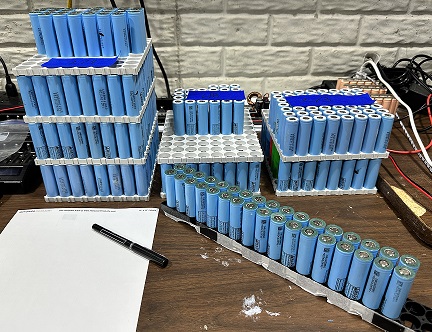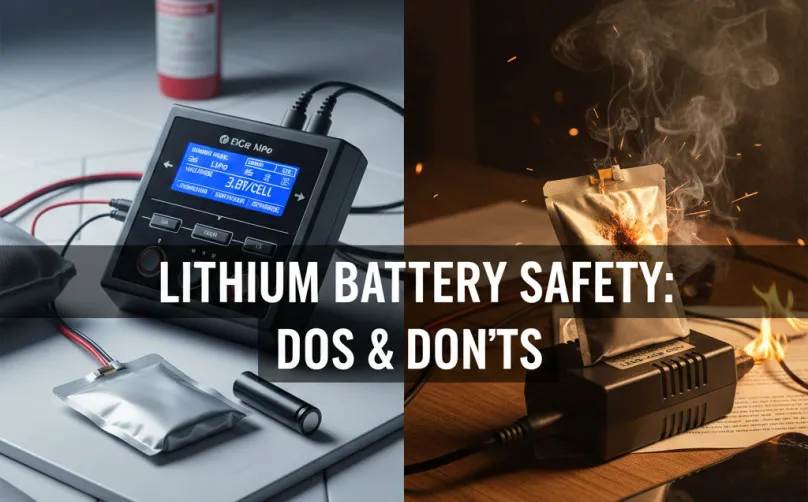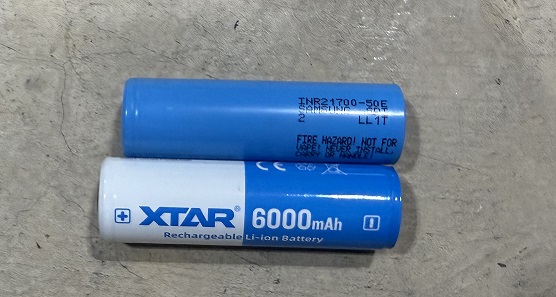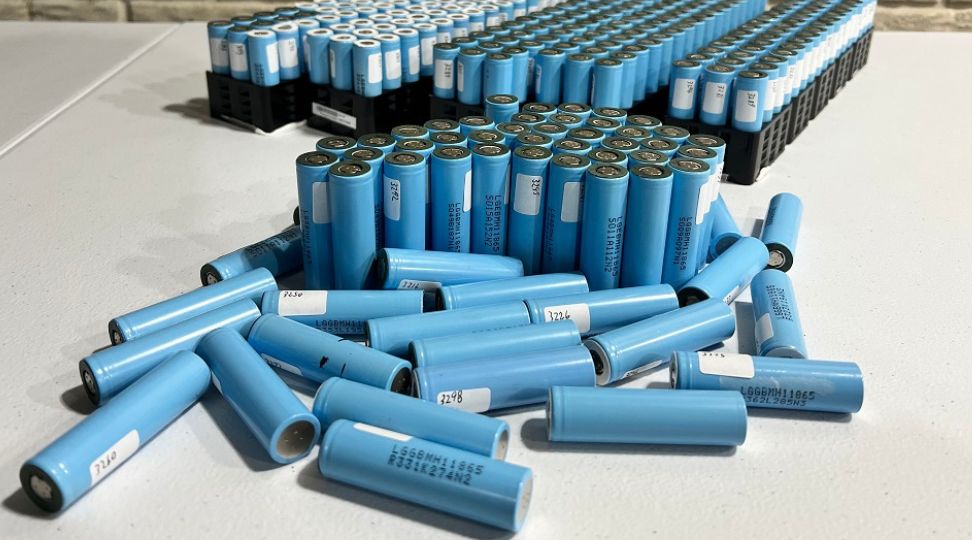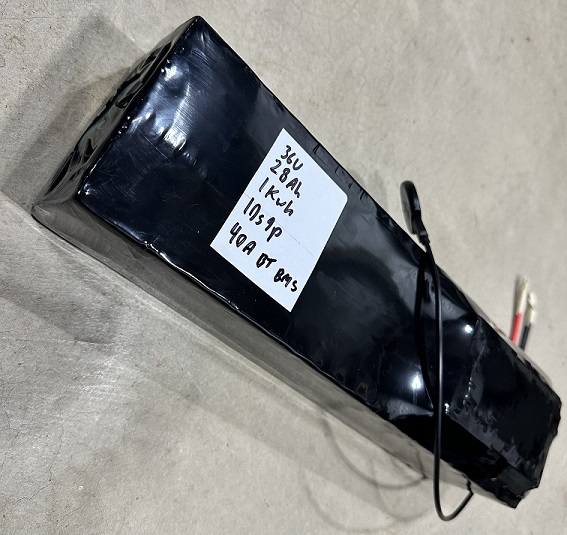
How Many 18650 Batteries Does It Take To Make A kWh?
Table of Contents
It takes anywhere from 90 to 110 18650 batteries to make a kWh (kilowatt hour) depending on the capacity of the cells being used.
There is no one-size-fits-all figure, and this one is based on the most common capacity 18650, which is around 2.5 amp hours. The nominal voltage of an NMC 18650 cell is 3.7 volts. If you multiply 3.7 volts by 2.5 amp hours, you'll find that each cell will contain 9.25 Wh. If you divide 1000 Wh by 9.25 Wh, you'll find that it takes 109 cells for the average 18650 battery to make a kwH.
What is The Energy Capacity of a Single 18650 Cell?
The average 2 Ah 18650 cell has 7.4 watt-hours of energy capacity. This can be calculated by multiplying the cell’s amp-hour rating by its nominal voltage. In this case, 2 Ah multiplied by 3.7 volts equals 7.4 watt-hours. So, this means that a single 2 Ah 18650 cell contains 7.4 Wh of energy.
To determine how many 2 Ah 18650 cells are required to form a 1 kWh battery, you first must convert 1 kWh to watt-hours, which is simple enough because all you have to do is multiply 1 by 1000 to get 1000 Wh. Then, divide that by the watt-hours per cell (7.4 Wh). This will return 135.14, but since we cannot use a fraction of a cell, we round up to 136 cells. So, it takes 136 cells with a 2 Ah capacity to form a 1 kWh battery from 18650 batteries.
Do Better Cells Require Fewer to Form a 1 kWh Battery?
A better 18650 will be 3000 mA or more, so let's use 3.2 Ah as an example. If you multiply 3.2 Ah by 3.7 volts, you will see that a 3.2 Ah 18650 contains 11.84 Wh of energy. If you divide 1000 Wh by 11.84 Wh, you'll find that it takes 85 3.2 Ah cells to make a 1 kWh lithium battery from 18650 cells.
There are 3.6 Ah 18650s on the market. They are extremely expensive and almost not worth buying considering the fact that 21700 cells exist. But hey, let’s do the math anyway. If we have 3.6 Ah times 3.7 V, that is 13.32 Wh per cell. Then, we take 1000 Wh and divide that by 13.32 Wh, and we'll find it's almost exactly 75 cells, but we have to round up to 76 cells.
So on the high end, it takes about 76 cells to form a kilowatt hour from 18650 cells. On the low end, it can take 120 cells or more and the average 18650 can make a 1 kWh battery with somewhere between 90 and 110 cells.
How Many Watts Per Hour is in a 18650 Battery?
If you have ever wondered how many watts per hour a 18650 cell contains, we can do some math to figure it out. Take the above example for the 3.2 Ah 18650 cell. It contains 11.84 Wh of energy. That means it can deliver 11.84 watts over the span of 1 hour. If the power delivery rate is twice as high, then the amount of time the 18650 can deliver it will be half as long. So if you draw 23.68 watts the cell would last for 30 minutes.
How Do You Calculate kWh of a Lithium Battery?
To calculate how many kWh a given lithium-ion battery contains, all you have to do is follow these steps:
Step 1: Multiply the amp hours per cell by the cell’s nominal voltage.
3.2 Ah x 3.7 volts = 11.84 watt-hours
Step 2: Multiply the watt-hours by the number of cells in the battery pack.
11.84 watt hours x 30 cells = 355.2 total watt-hours
Step 3: Divide the total watt-hours by 1000.
355.2 total watt hours = 0.3552 kwH
You can also use our battery pack calculator to play around with different cell types, sizes, and configurations.
